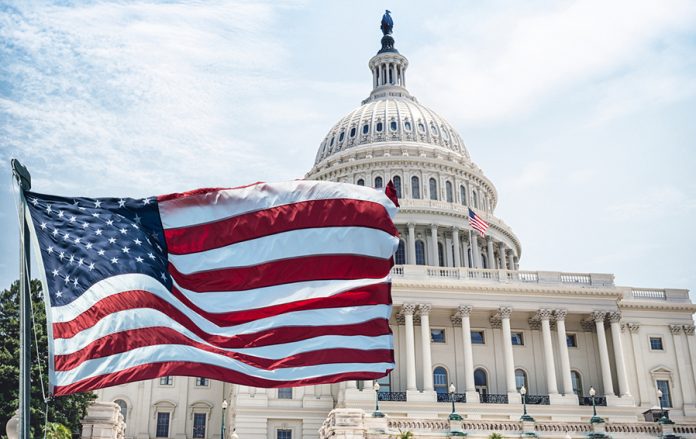
Late last week, President Trump brought forward executive action that threatens to undermine coverage provided under the Affordable Care Act (ACA).
The first was an executive order intended to circumvent the ACA by making it easier for individuals and small businesses to buy alternative types of health insurance with lower prices, fewer benefits and weaker government protections. Specifically, the order directs three federal agencies to rewrite federal rules for “association health plans.” Such plans are a form of insurance in which small businesses of a similar type band together through an association to negotiate health benefits.
These plans have been required to meet coverage requirements and consumer protections under the ACA, but the administration is now likely to exempt them from those rules and let the plans be sold from state to state without insurance licenses in each respective state. In addition, the order is designed to expand the availability of short-term insurance policies, which offer limited benefits as a bridge for people between jobs or young adults no longer eligible for their parents’ health plans. Finally, the order calls for an investigation of whether provider and hospital mergers are contributing to higher health care costs.
The second action was announcement that the Trump administration will no longer provide the cost-sharing reduction (CSR) payments to help offset co-payments and deductibles for low-income enrollees. The ACA marketplace currently covers nearly six million people, and approximately half of the enrollees who obtain coverage through the marketplace qualify for the CSR payments. The administration has been authorizing the CSR payments on a month-by-month basis.
Earlier this week, it appeared that Sen. Lamar Alexander (R-TN) and Patty Murray (D-WA) had reached a bipartisan, short-term proposal that would continue funding CSR payments for two-years. Initially, President Trump indicated he would support the proposal, however he is wavering on that support. Without the President’s support, the measure’s prospects for moving forward are bleak, and there remains a great deal of uncertainty.






